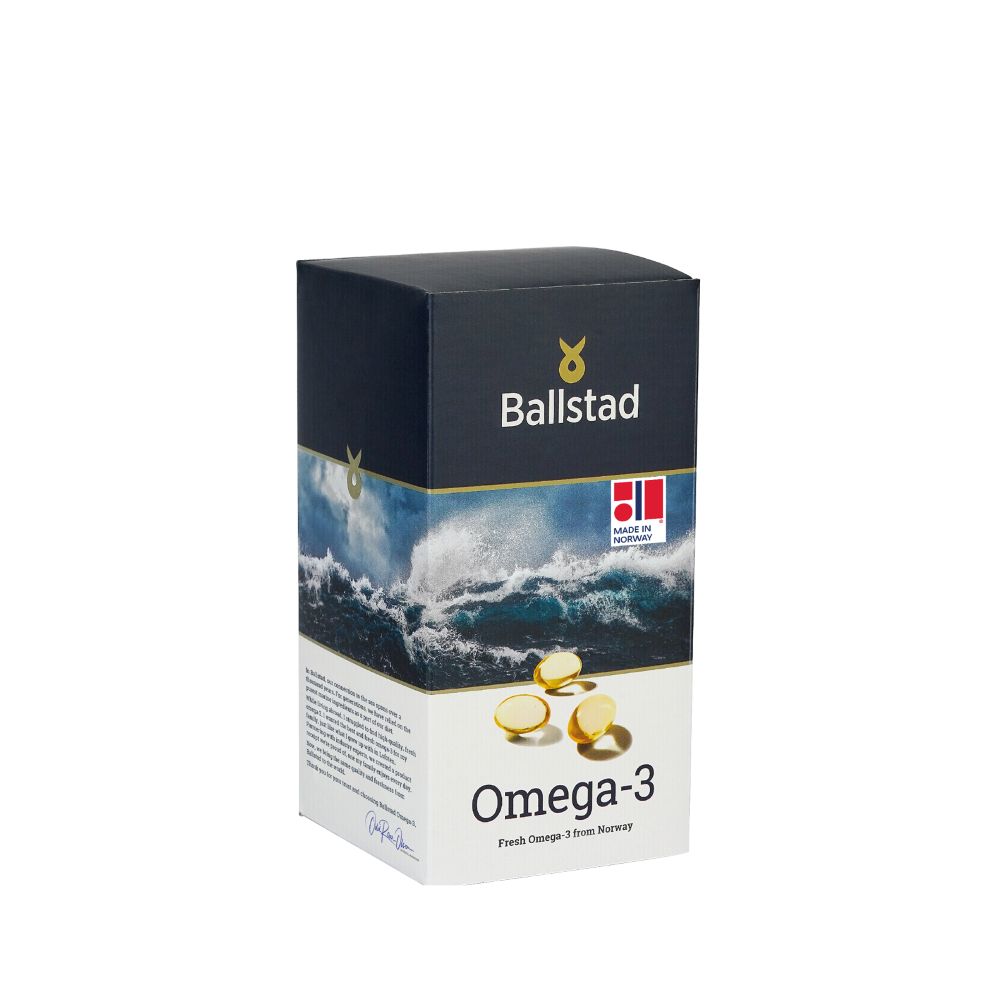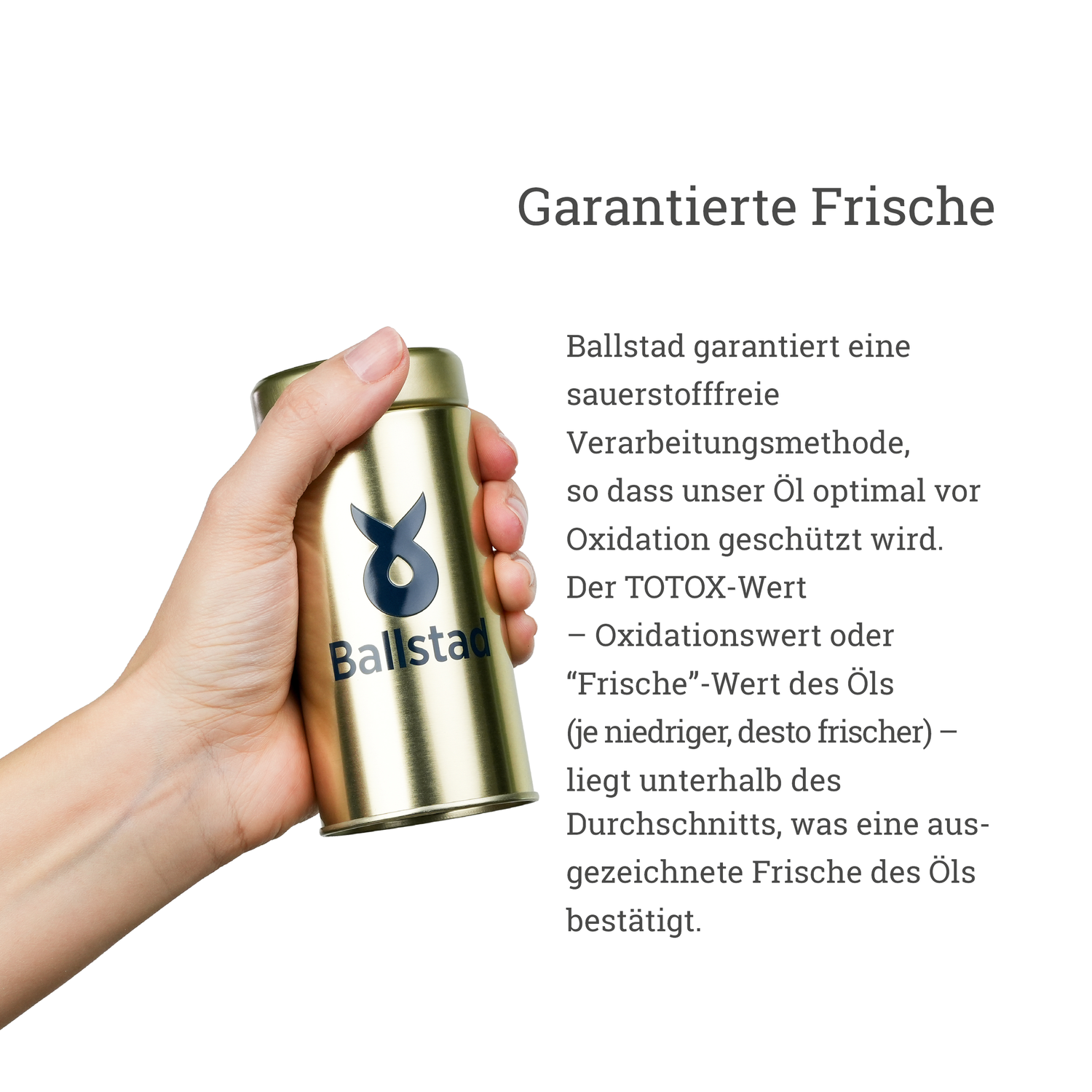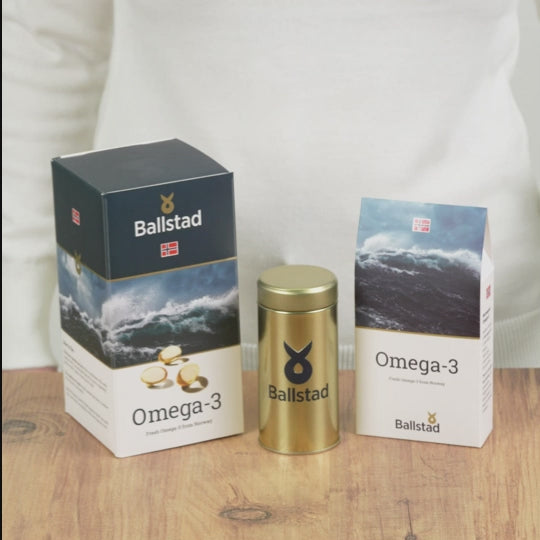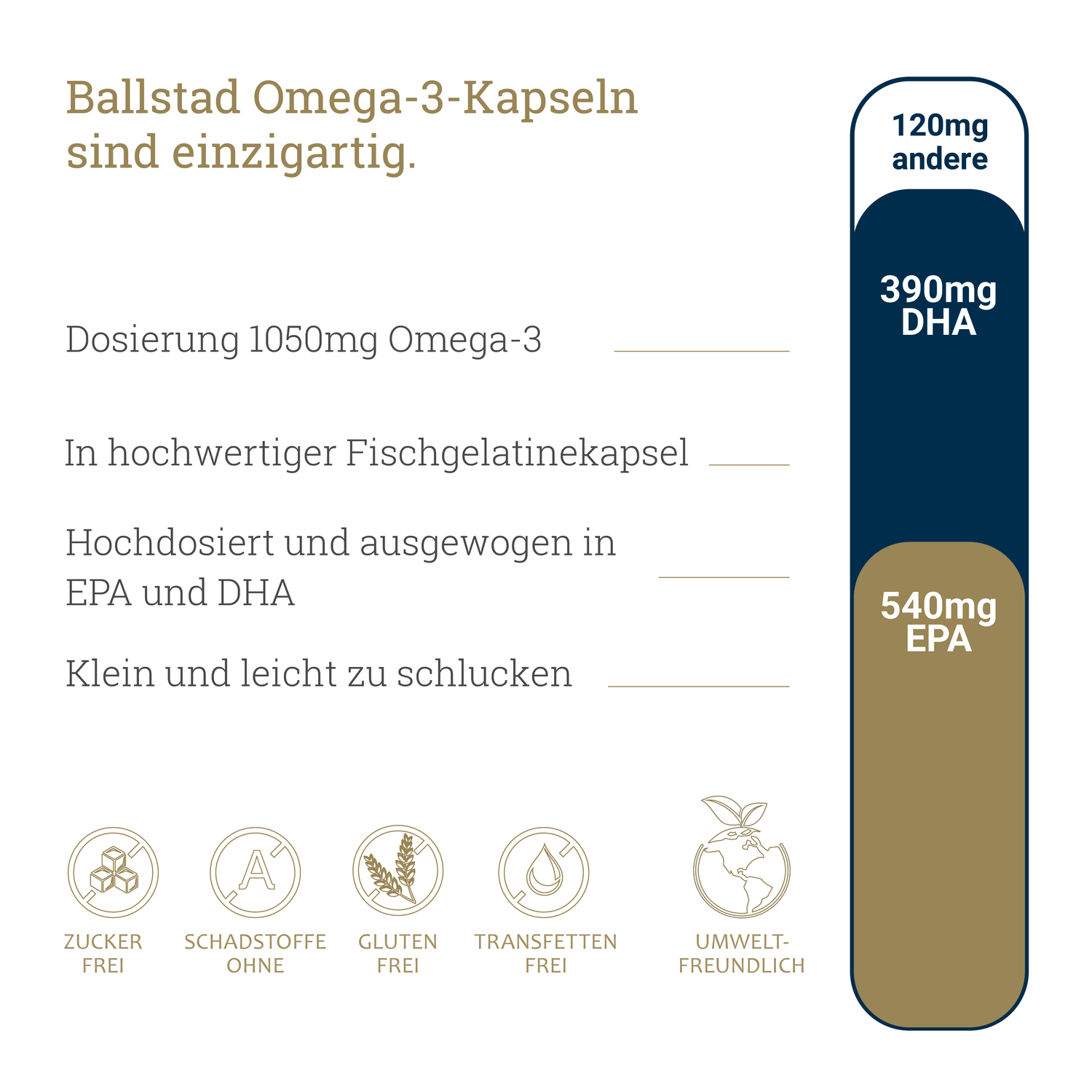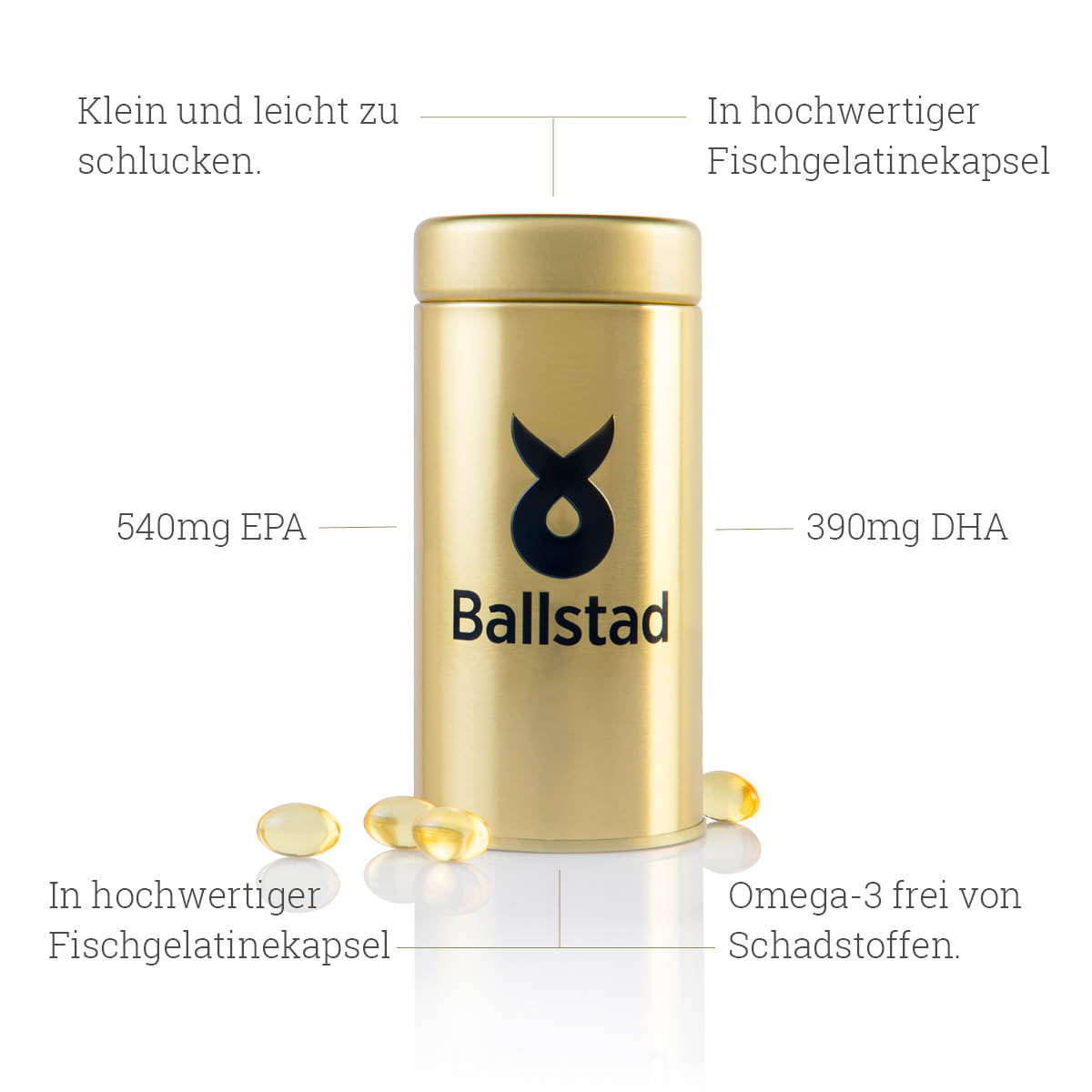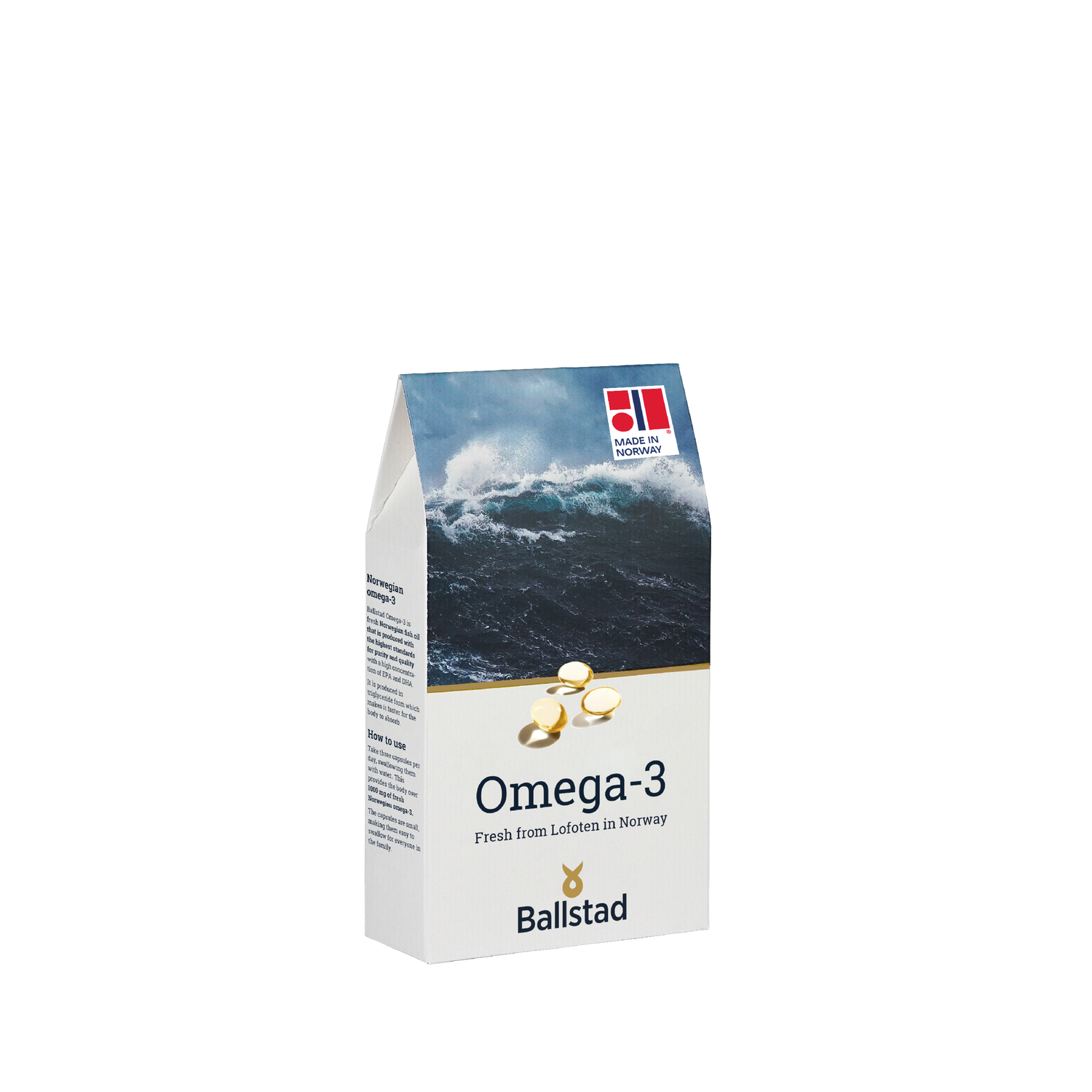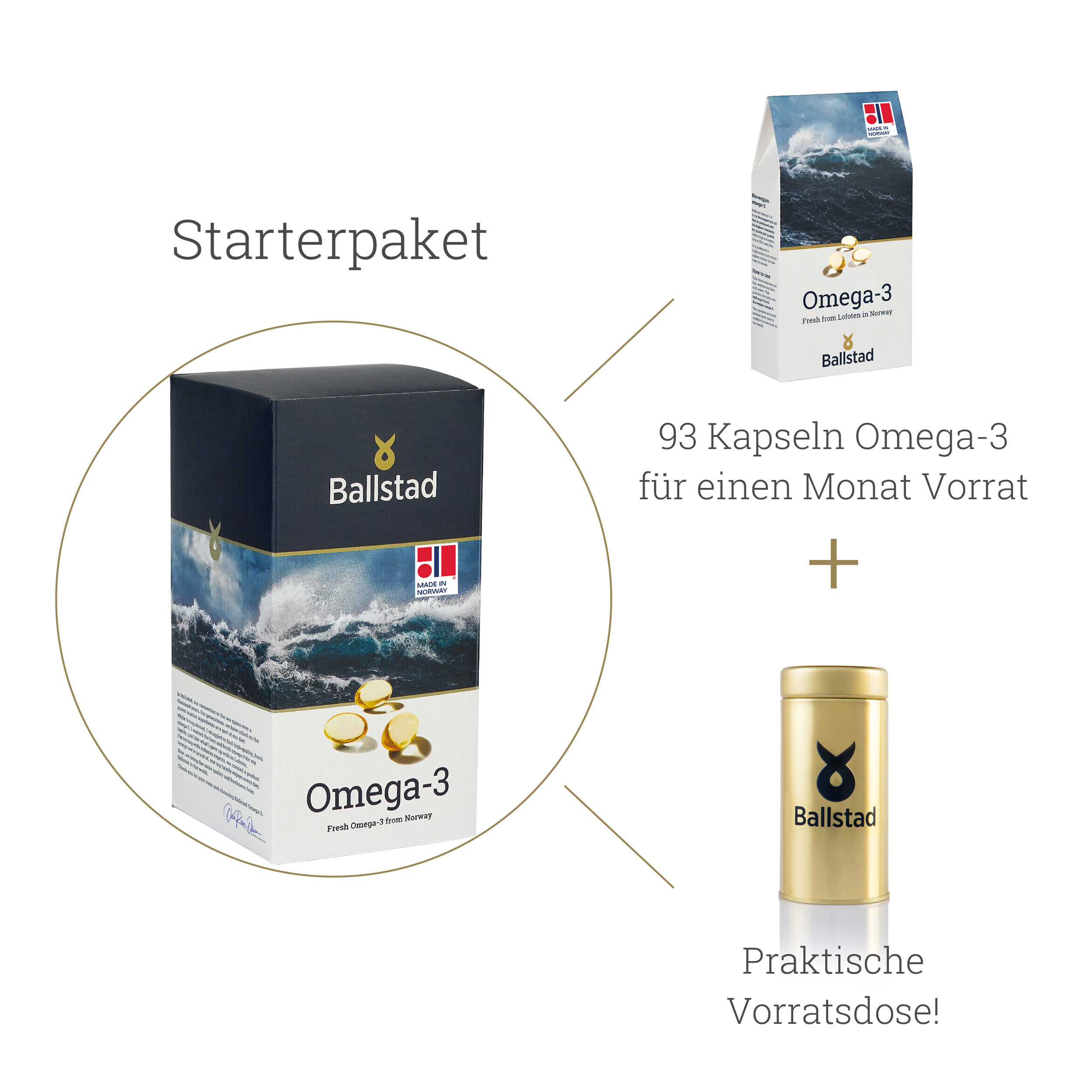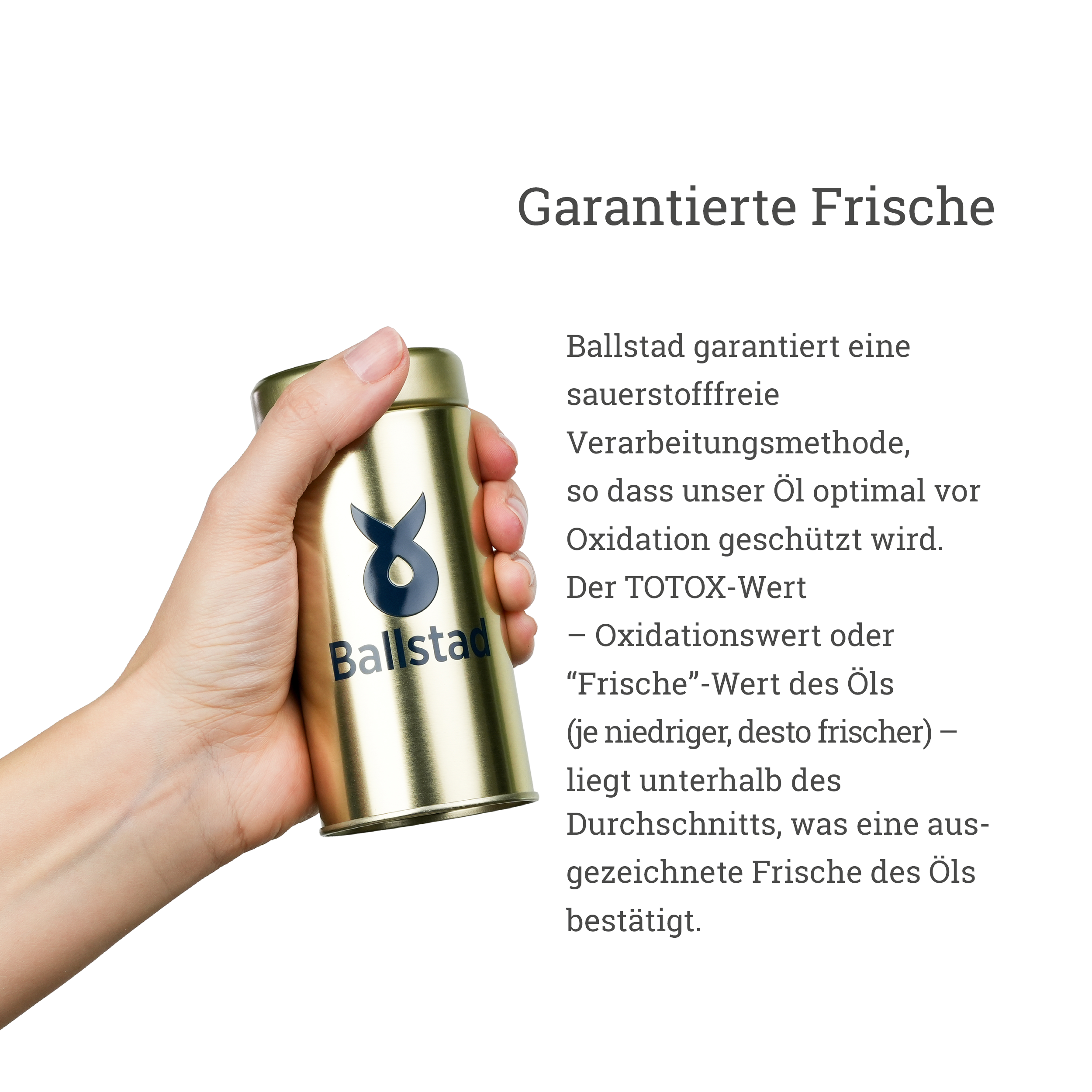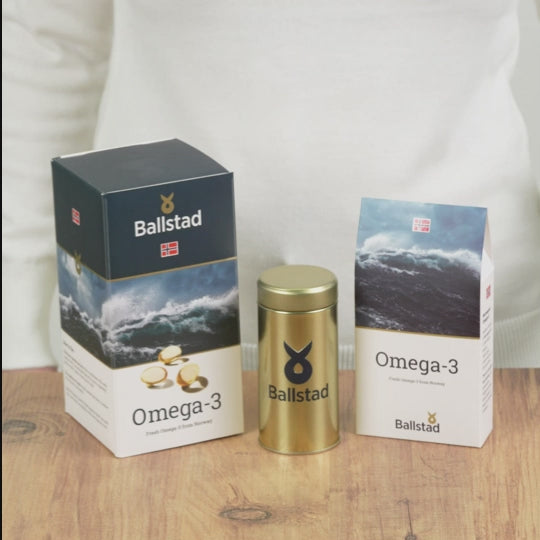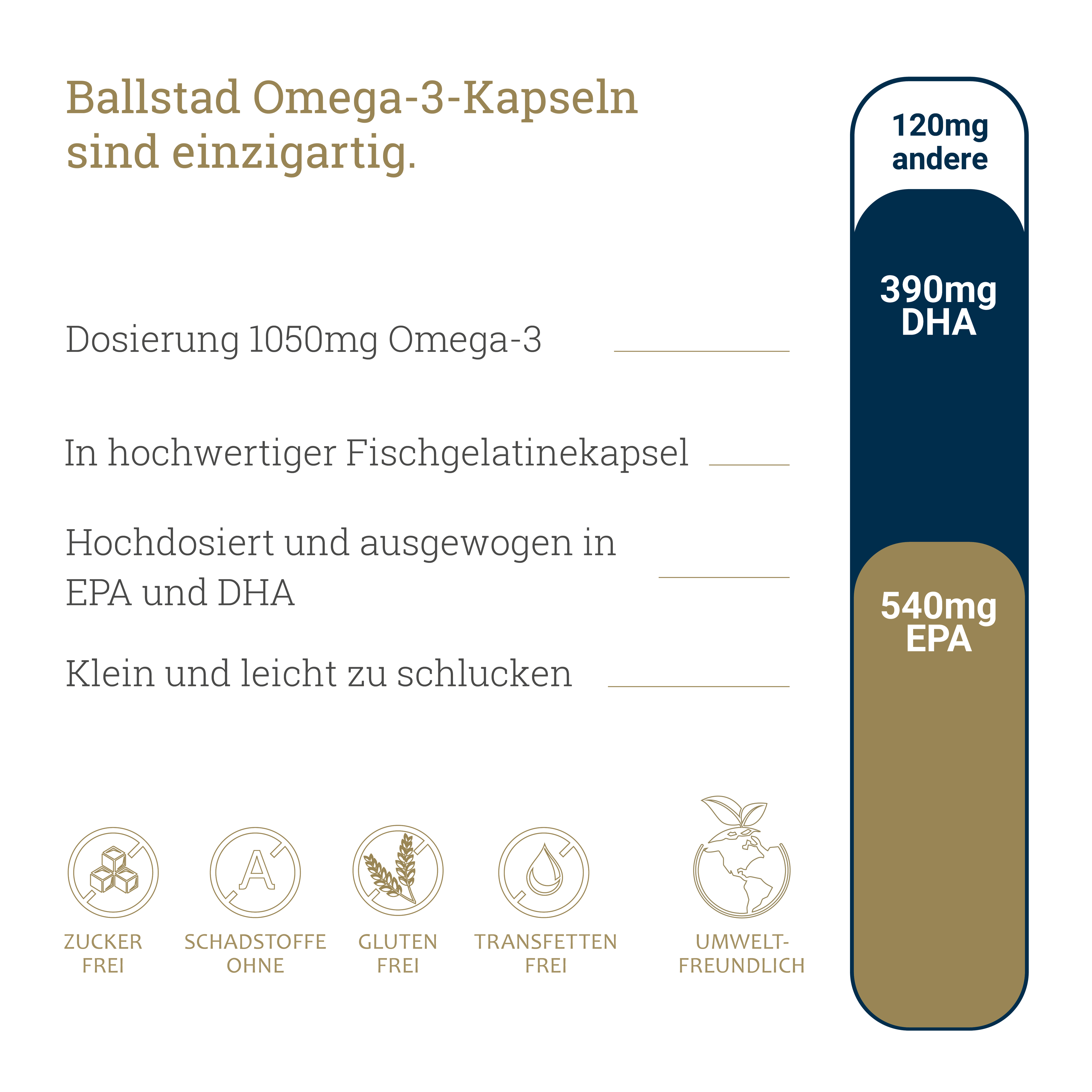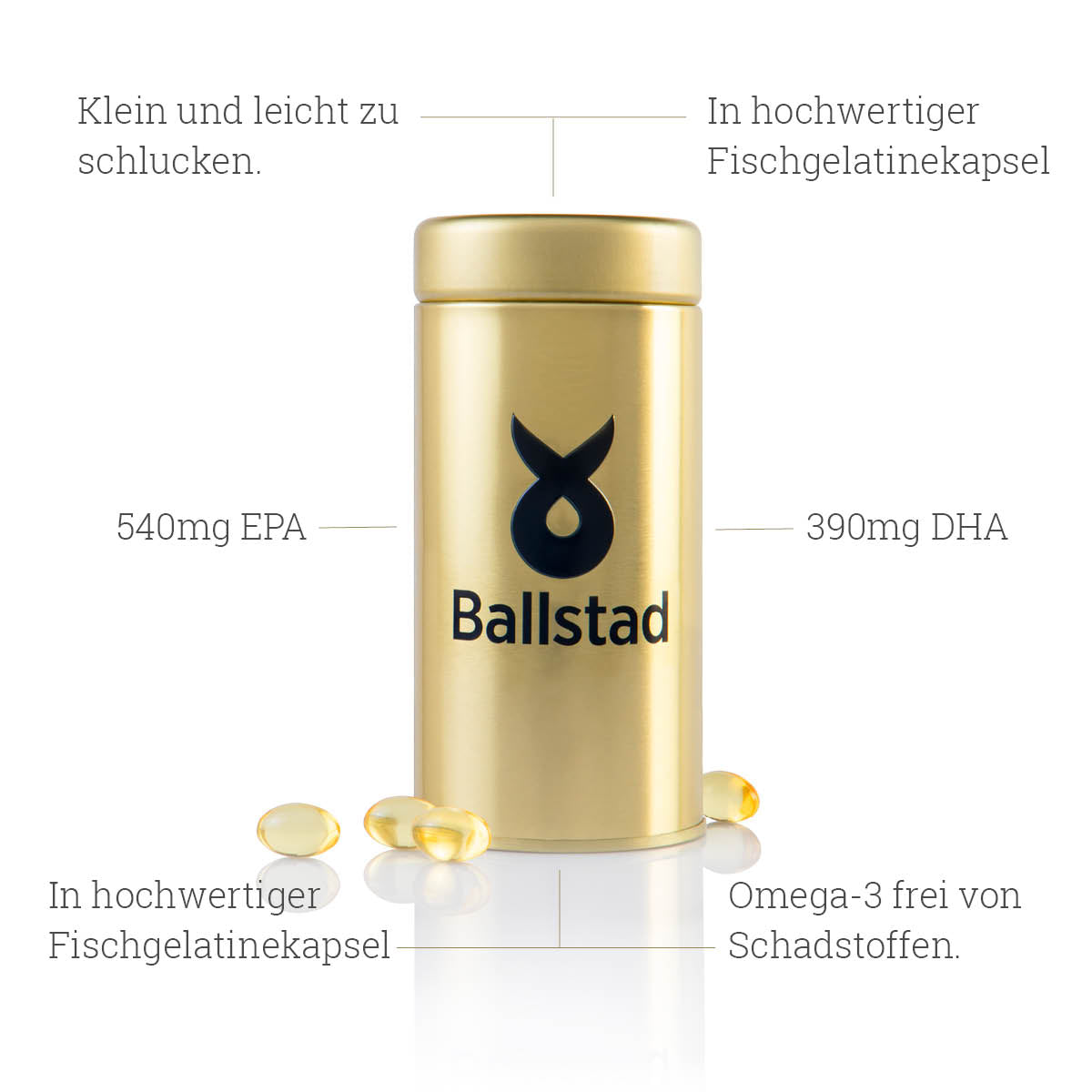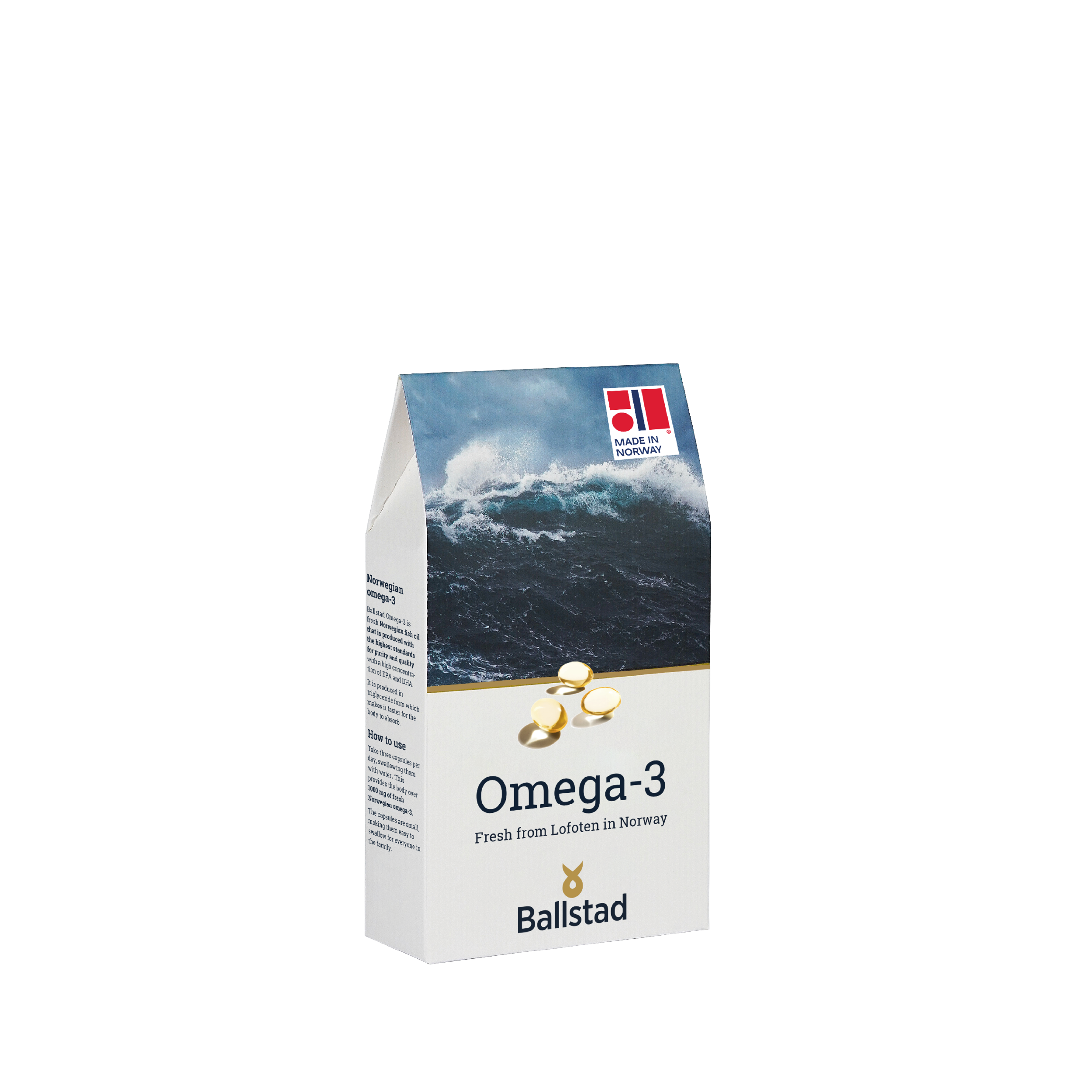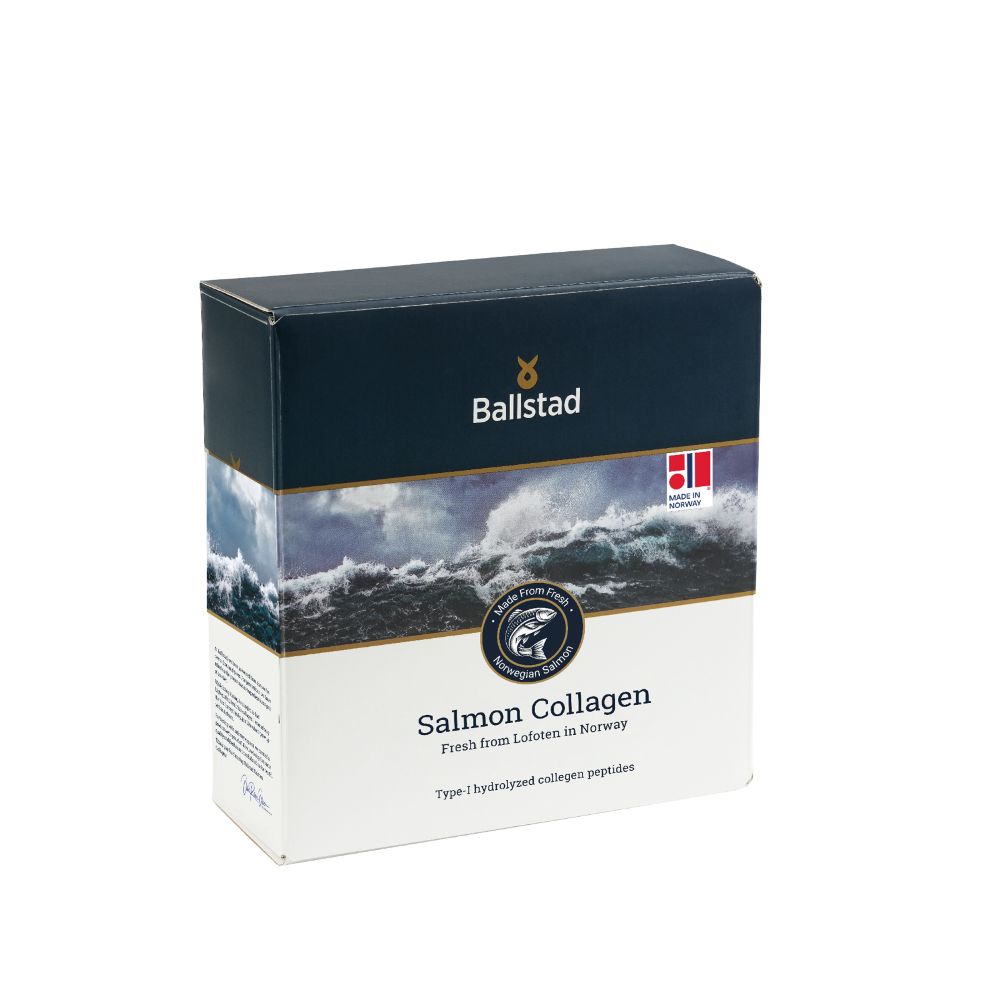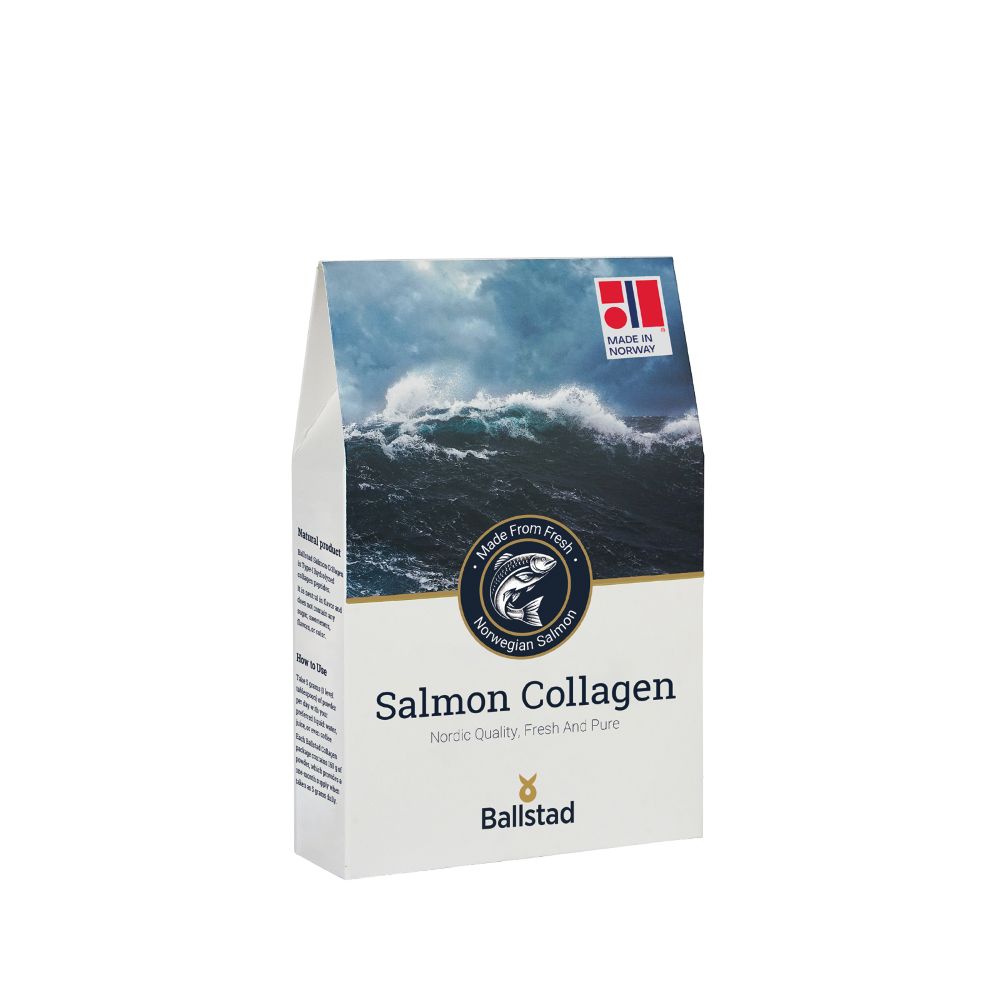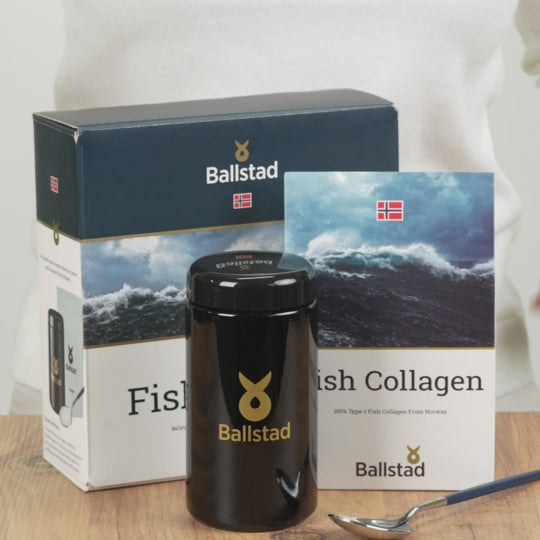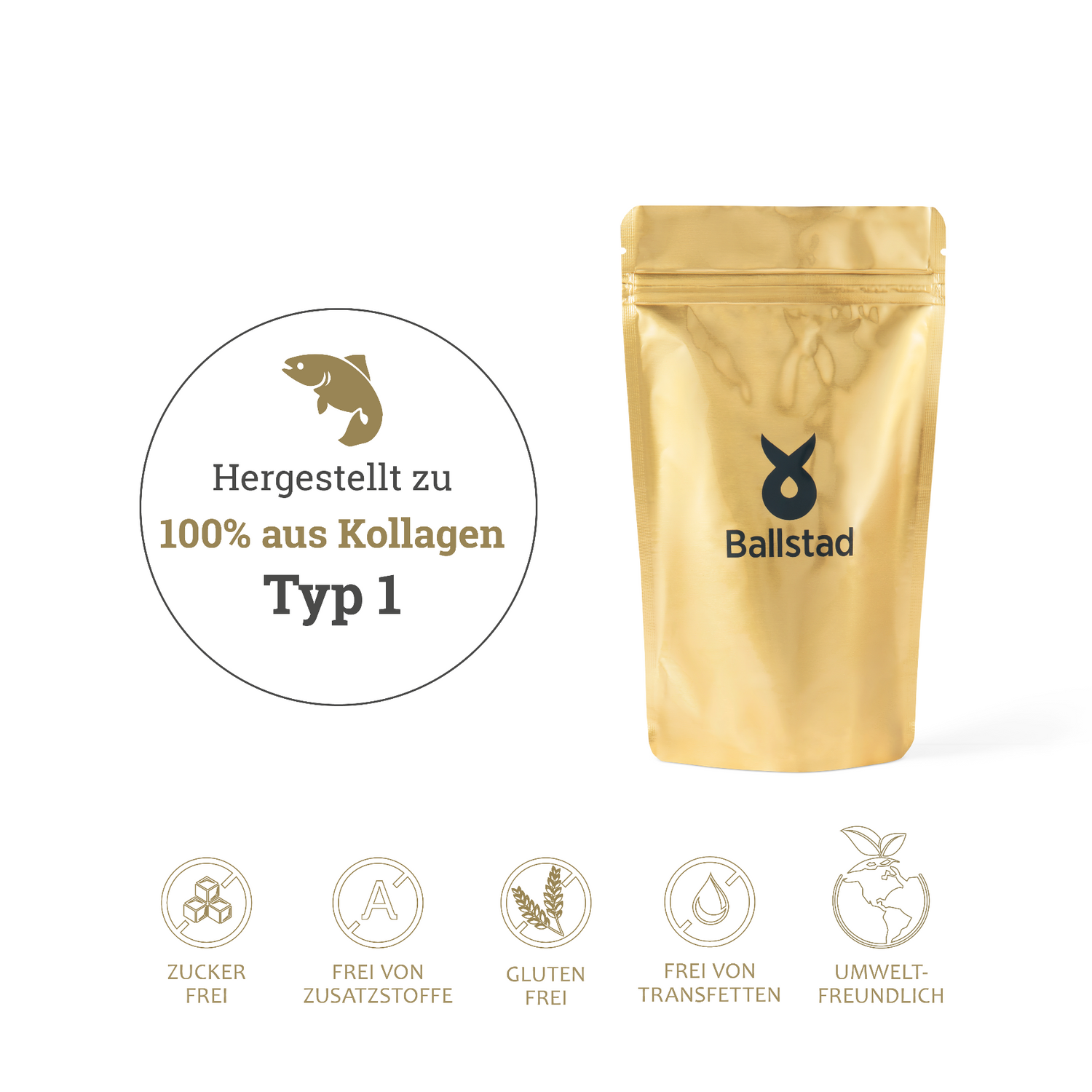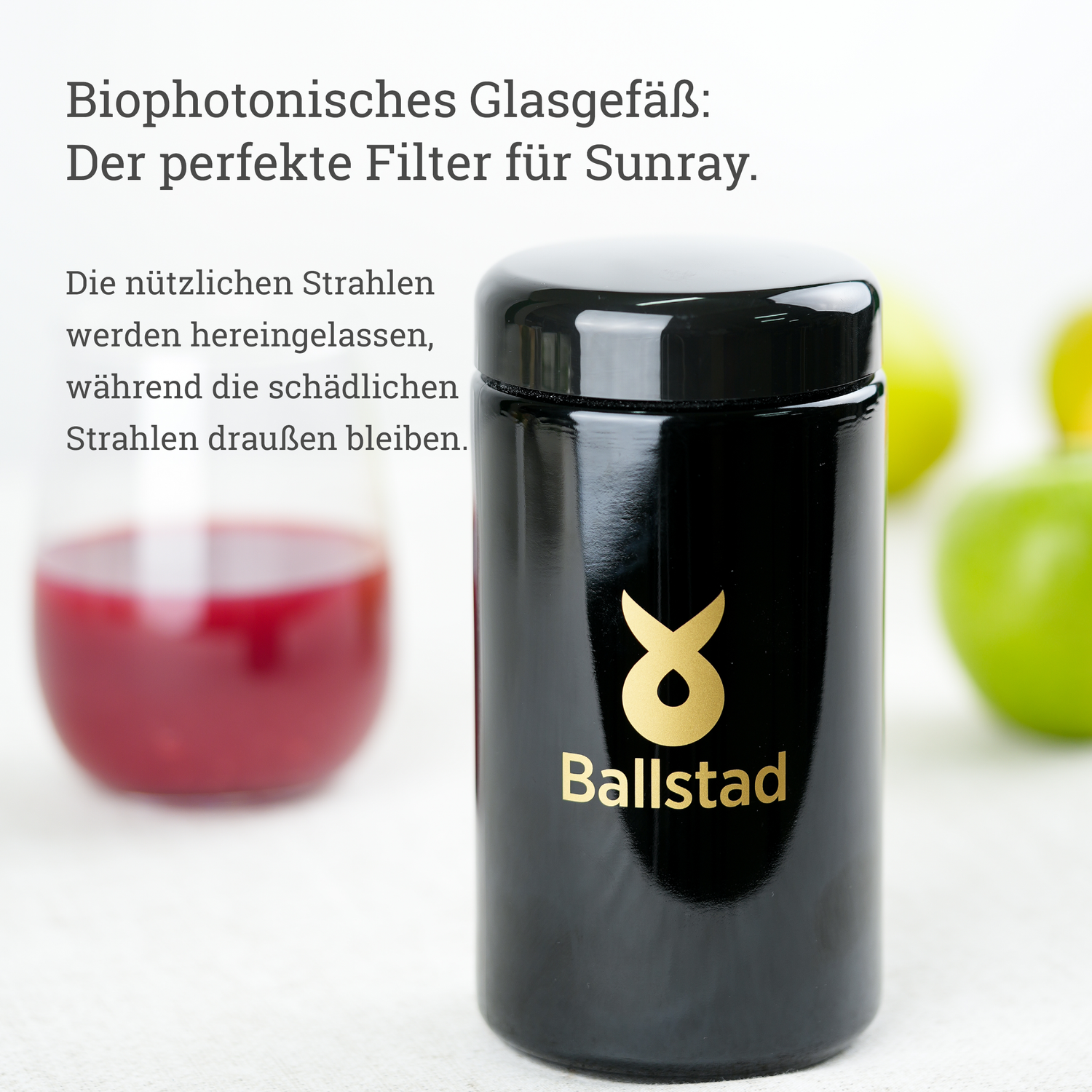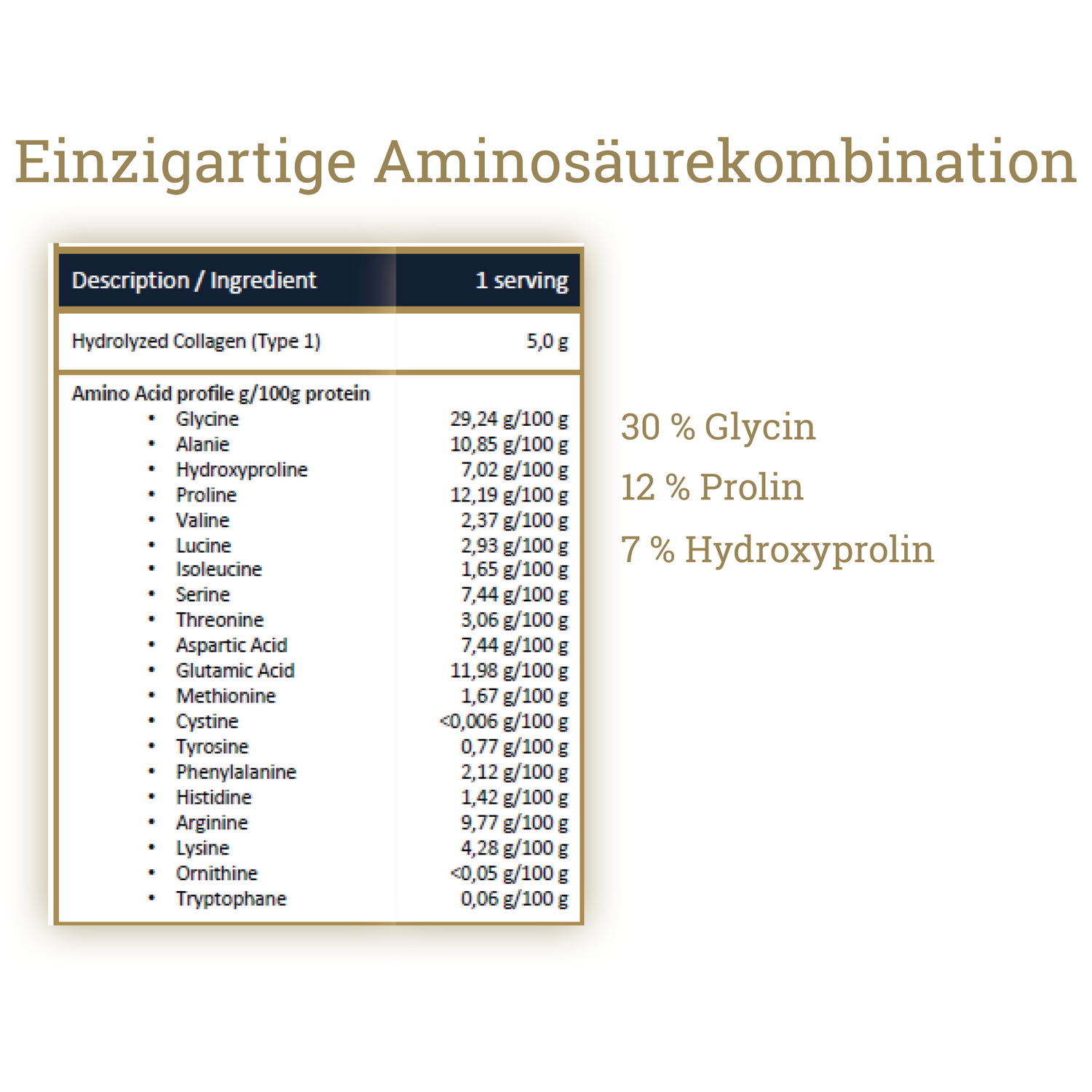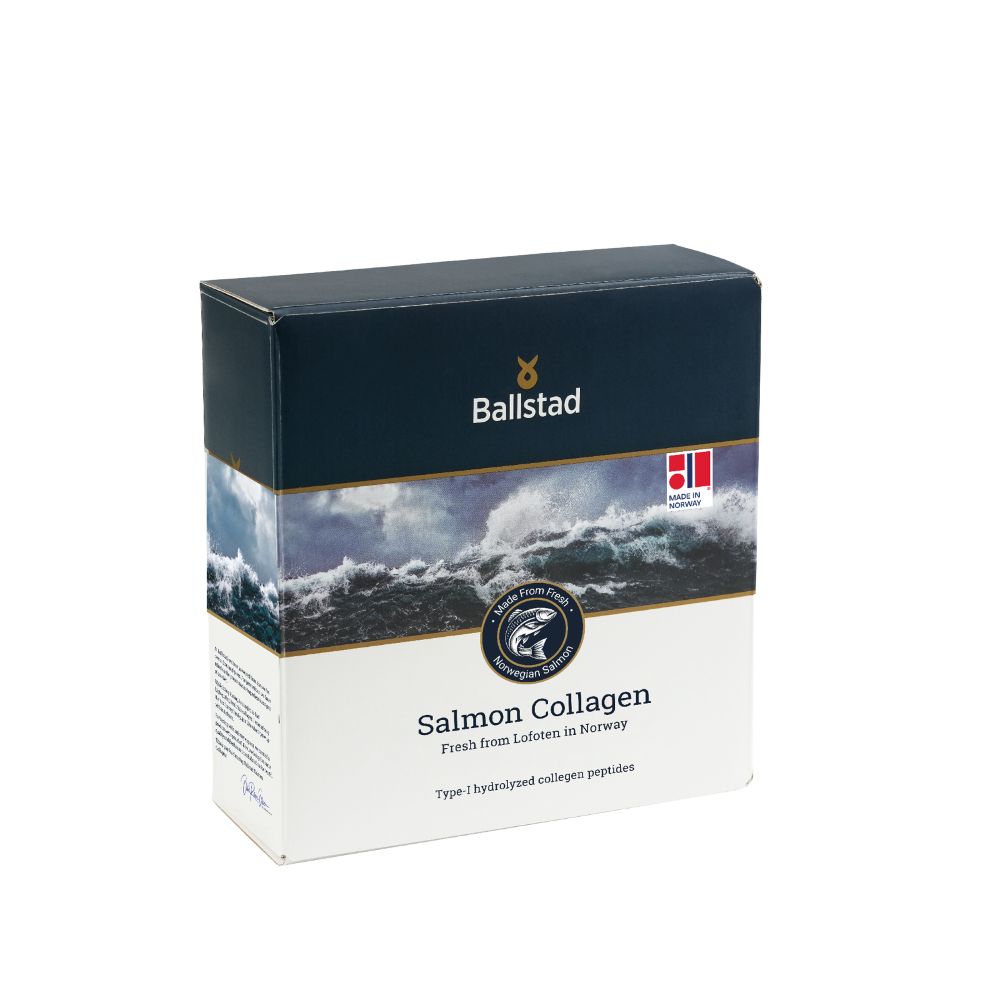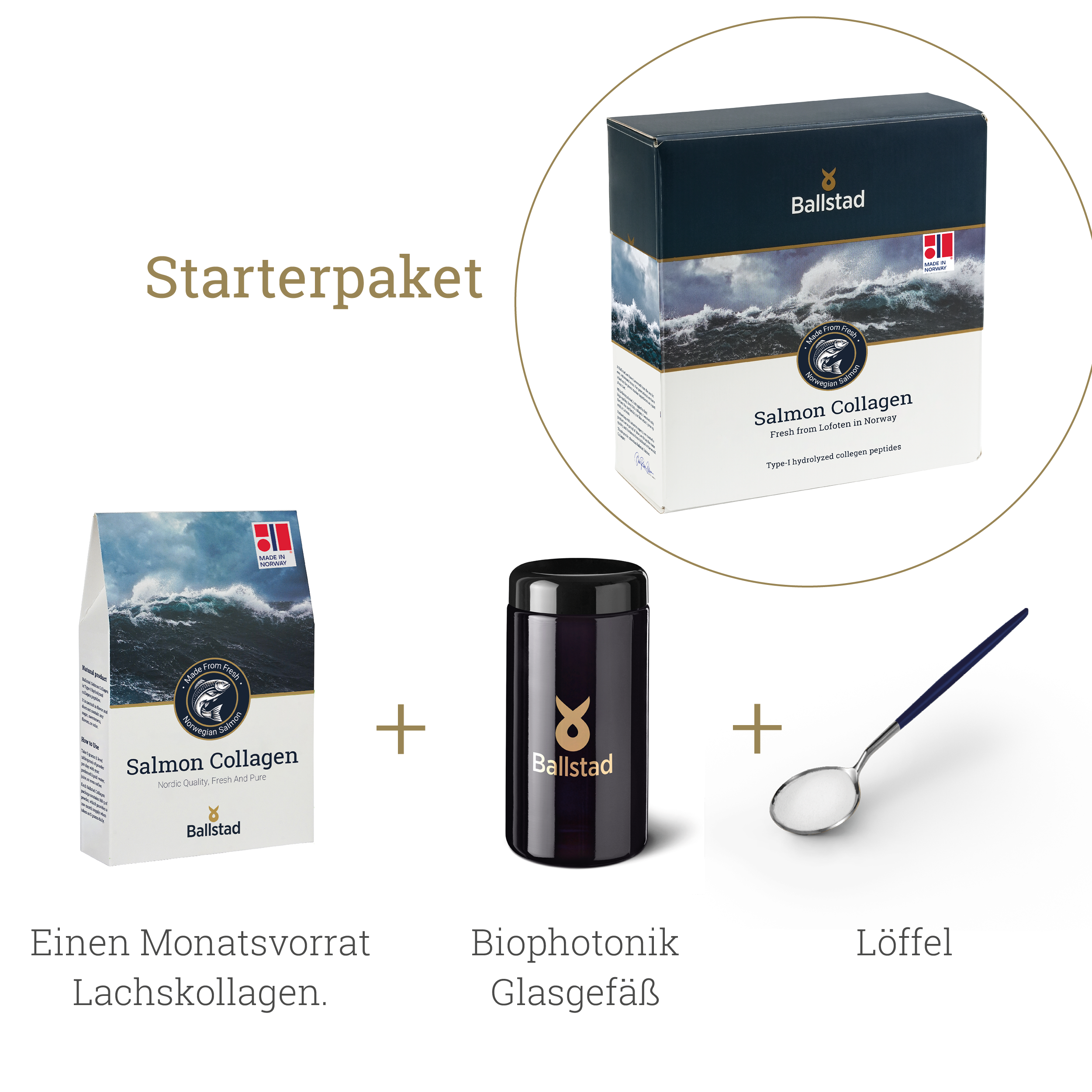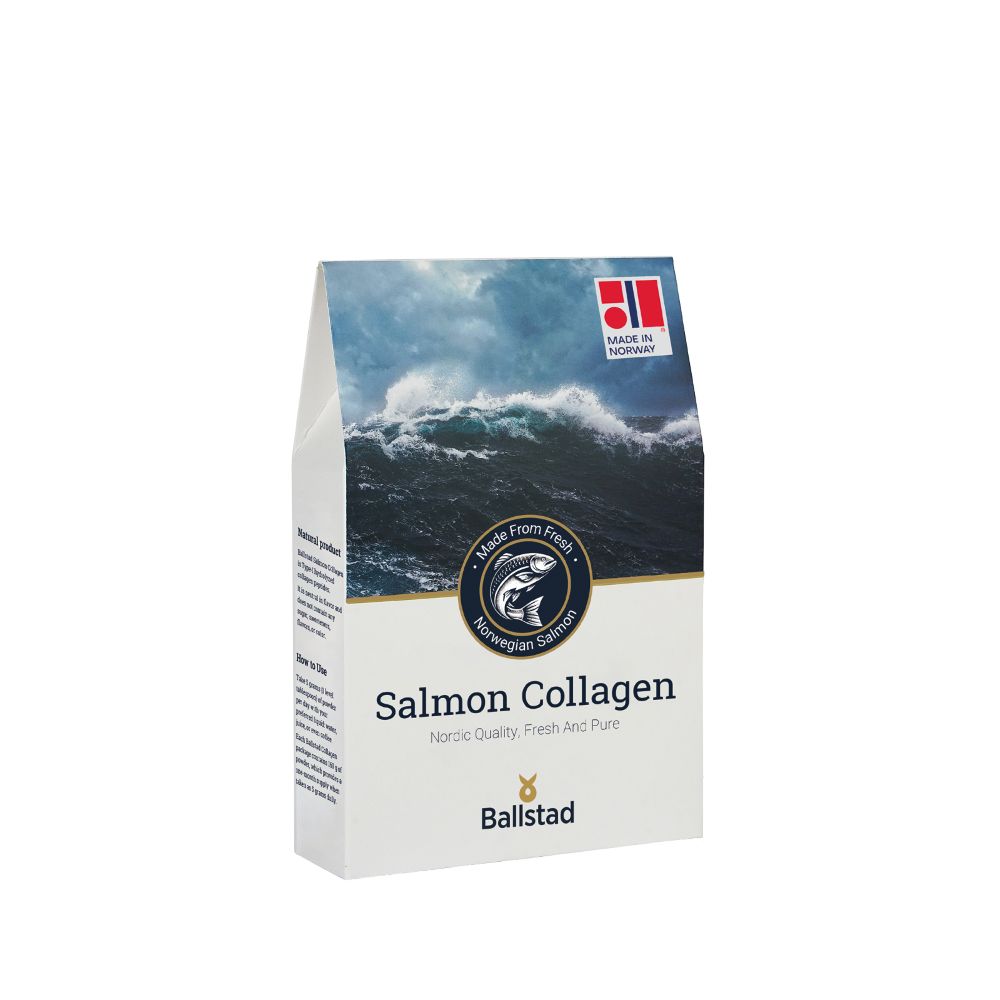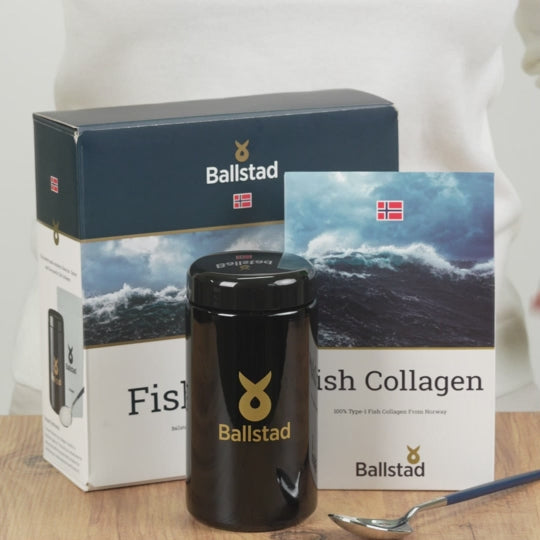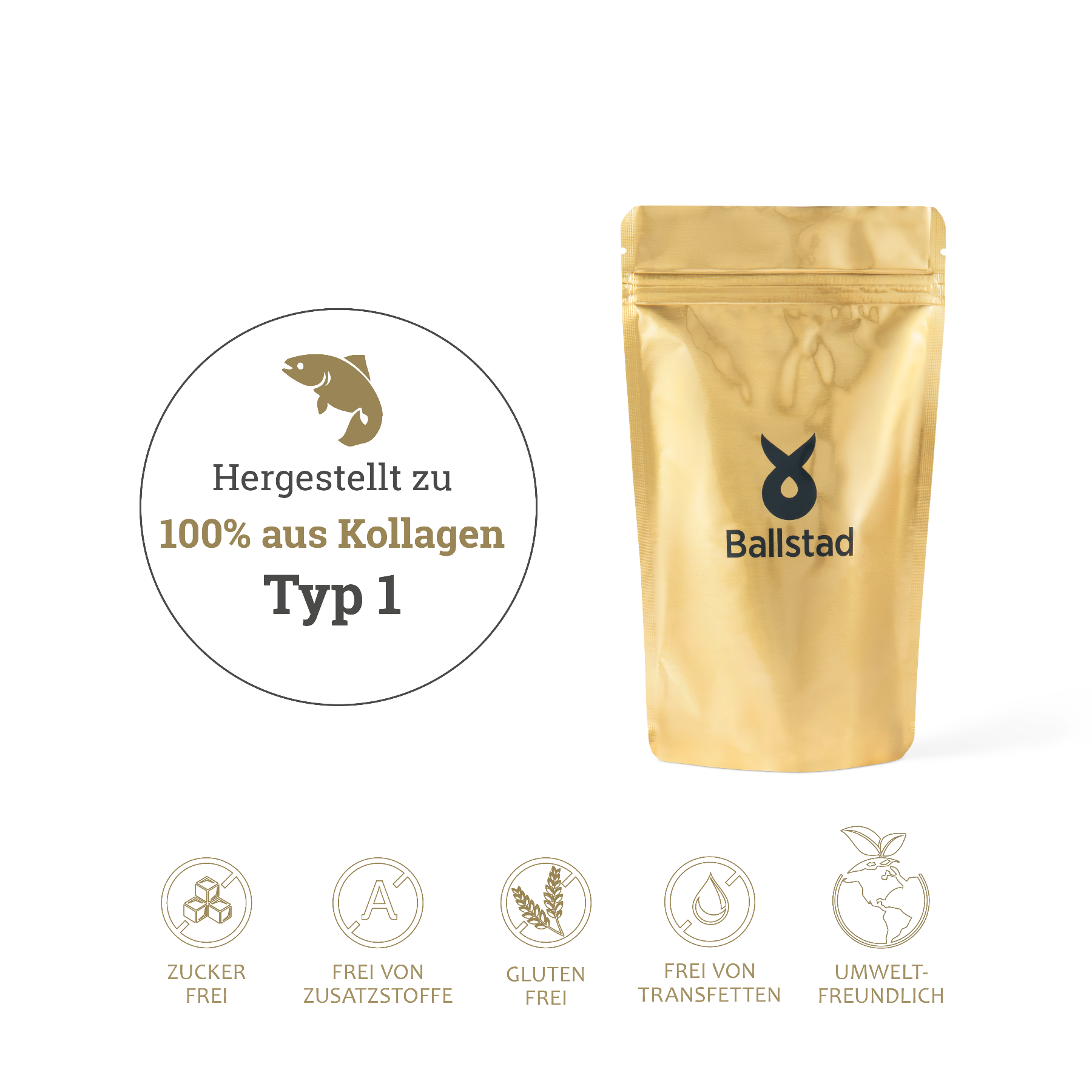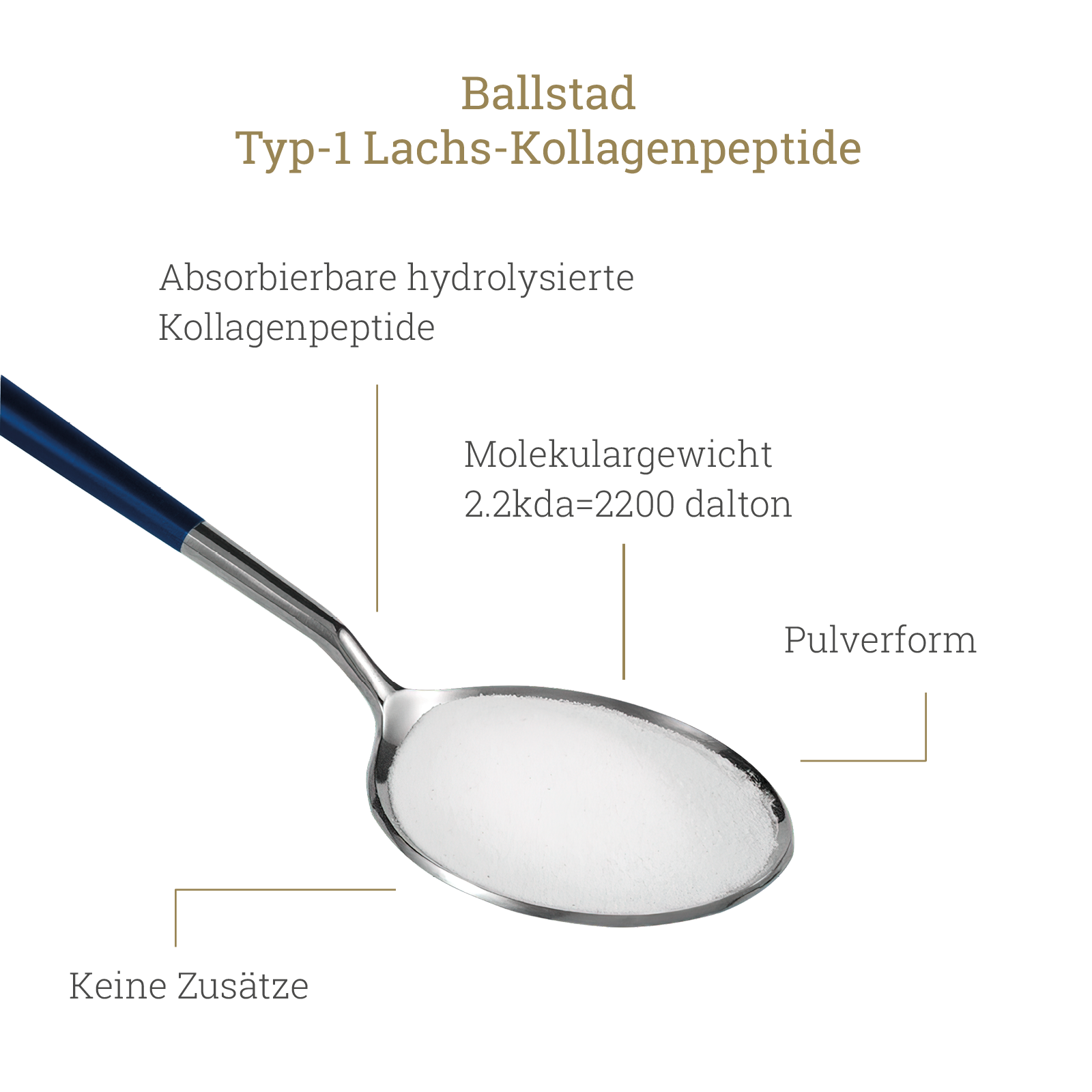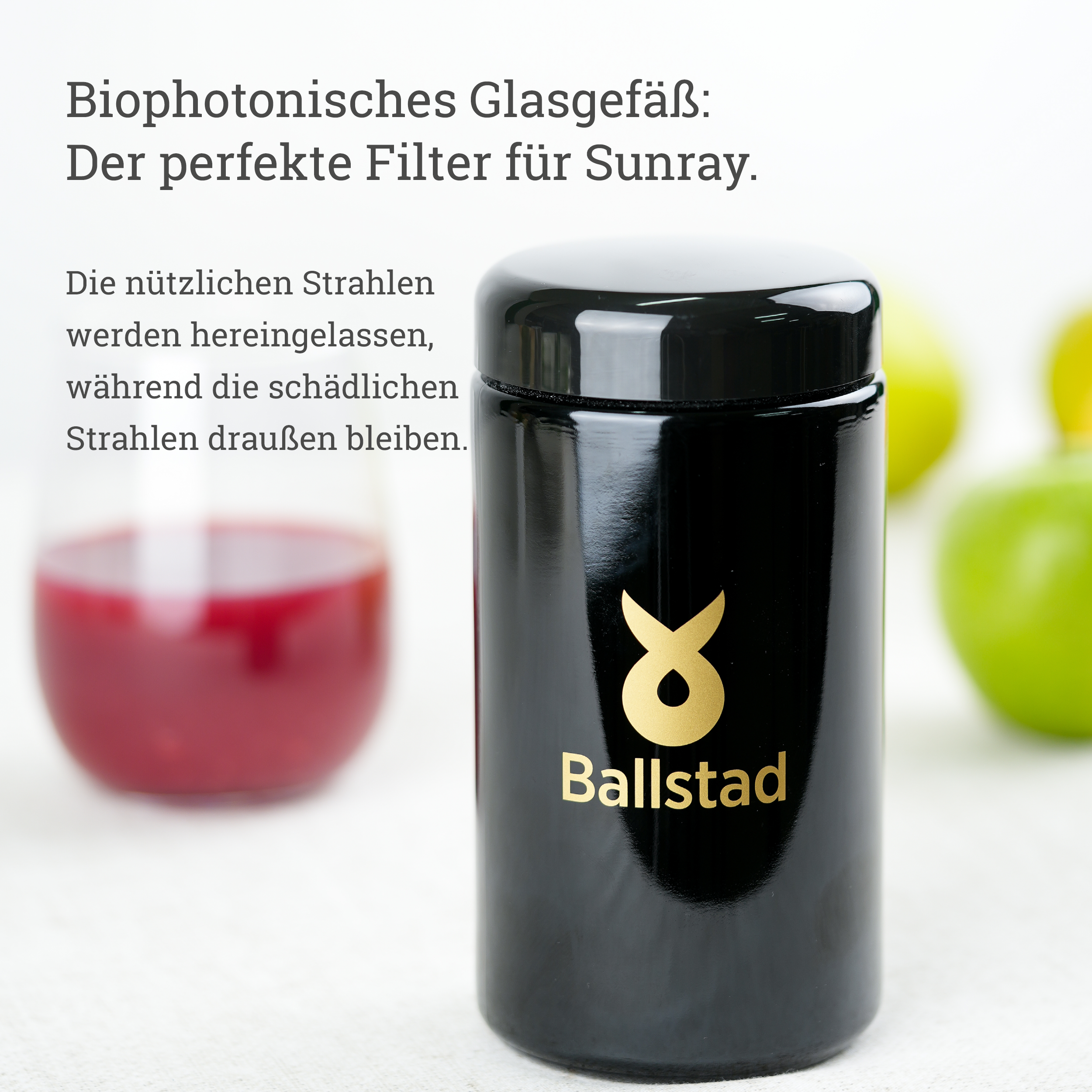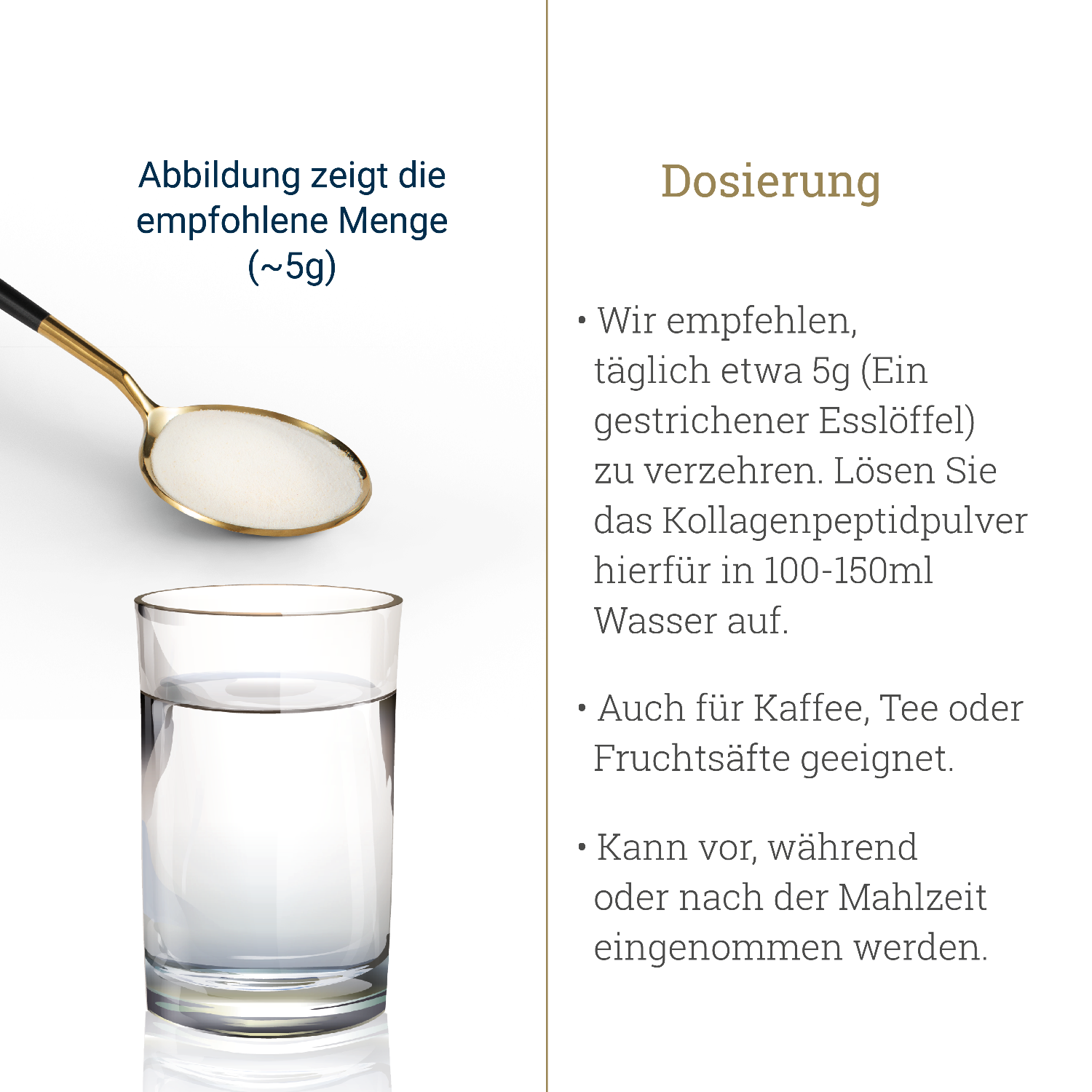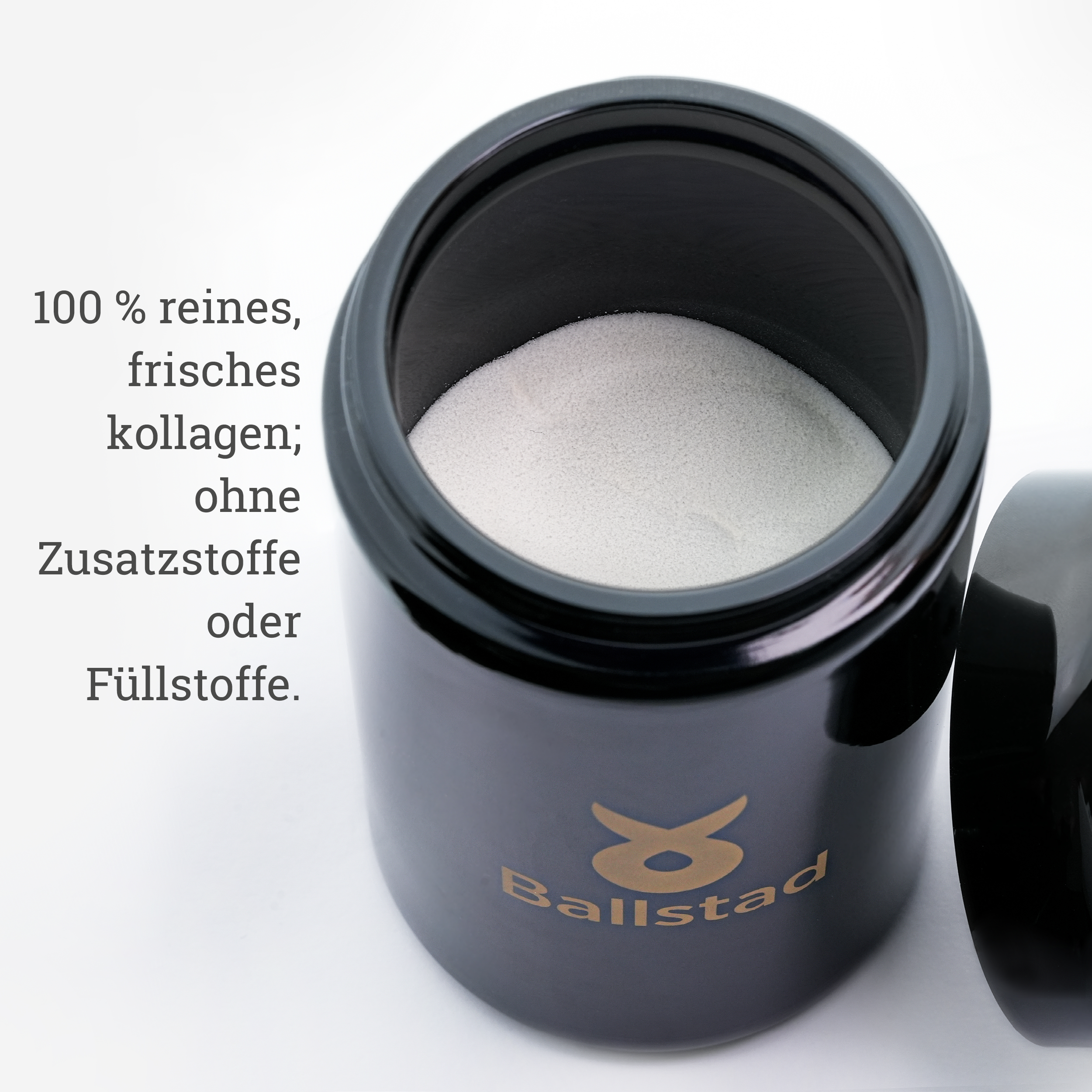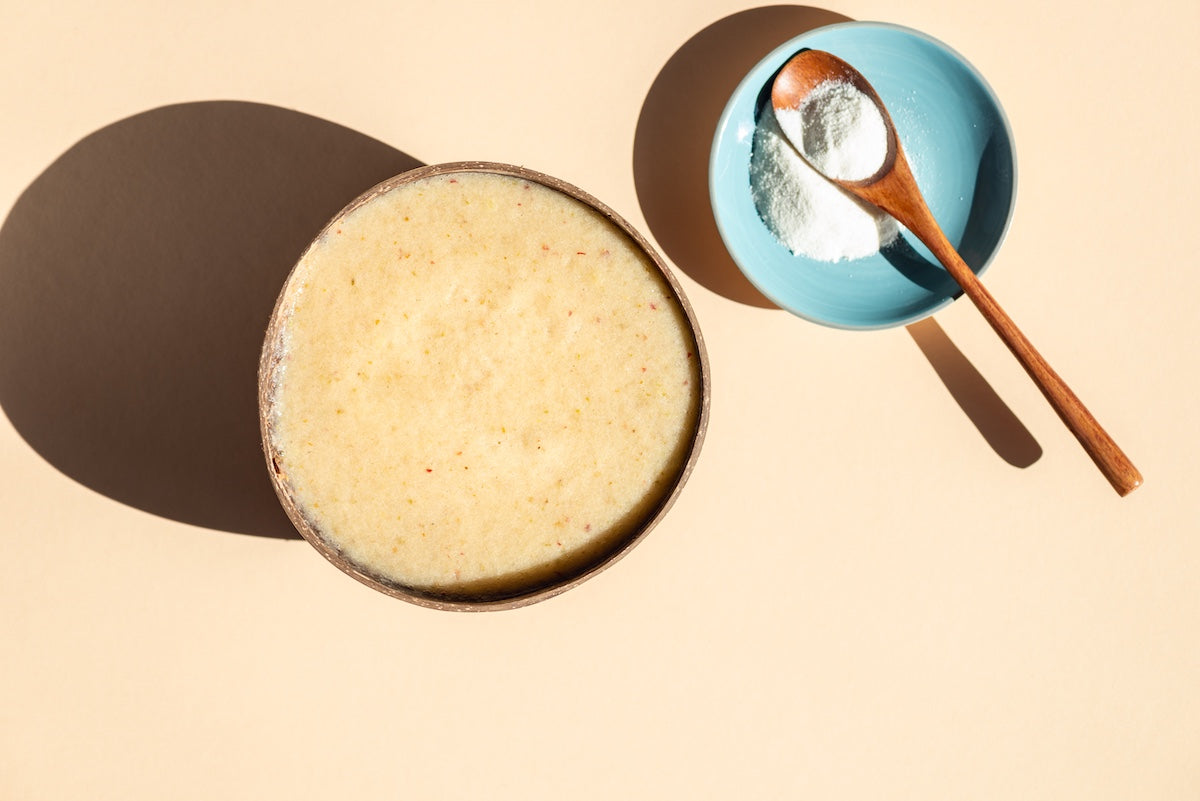Introduction
Collagen is often mentioned in the context of nutrition and wellness. The human body produces this structural protein itself, yet numerous studies examine the amount of collagen peptides in the diet.
Important: This is not a dosage recommendation , but an overview of scientific data.
Why are researchers talking about collagen supplementation?
The body's own production can change over the course of life. Observational and interventional studies are therefore investigating how different intakes of collagen peptides affect various bodily functions. These results are intended for scientific discussion and do not guarantee individual effects .
Amounts examined in studies
Scientific publications report a wide range of intakes, often between approximately 2.5 g and 15 g per day . This range merely describes what has been tested in studies:
-
Skin, hair, nails: Some studies examined amounts in the range of 2.5 g to 5 g per day .
-
Musculoskeletal system: Other studies chose 5 g to 10 g per day to observe possible effects on connective tissue and joints.
-
Sport and regeneration: In sports science contexts , up to 15 g per day have also been studied.
These values are not binding recommendations , but reflect the dosages analyzed in clinical or nutritional studies.
Marine collagen sources
Collagen from fish (marine collagen) is described in the scientific literature for its specific peptide structure. Some researchers discuss its good solubility and its small average molecular size compared to other sources.
Here too, these properties do not guarantee a better effect , but merely describe chemical-physical characteristics.
Practical tip
Anyone who wants to include collagen products in their diet should pay attention to transparent origins, independent quality testing, and appropriate labeling .
For individual questions regarding nutrition or dietary supplements , qualified medical or nutritional advice is recommended.
Sources / Study examples
The following articles provide an overview of studies in which different amounts of collagen peptides were investigated:
-
Proksch E et al. (2014). Oral supplementation of specific collagen peptides improves skin elasticity. Skin Pharmacol Physiol , 27(3), 113-119.
-
Clark KL et al. (2008). Collagen hydrolysate for the treatment of osteoarthritis and other joint disorders: a review. Curr Med Res Opin , 24(5), 1485-1496.
-
Zdzieblik D et al. (2015). Collagen peptide supplementation in combination with resistance training improves body composition and increases muscle strength. Br J Nutr , 114(8), 1237-1245.
-
Schunck M et al. (2015). Dietary supplementation with specific collagen peptides has beneficial effects on human skin physiology: a double-blind, placebo-controlled study. Skin Pharmacol Physiol , 28(6), 227-235.
(All sources are for scientific purposes only and do not represent any health-related claims.)
Legal notice:
This text is provided solely for general information and scientific communication purposes . It does not replace medical advice and does not contain any health-related claims within the meaning of the EU Health Claims Regulation (EC No. 1924/2006) .



